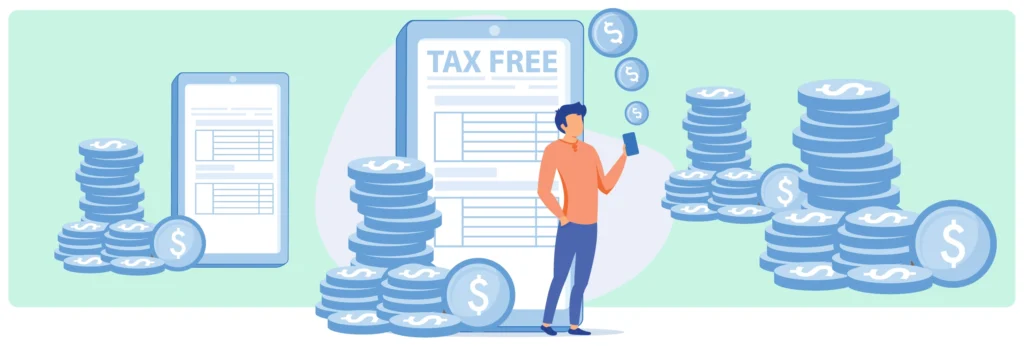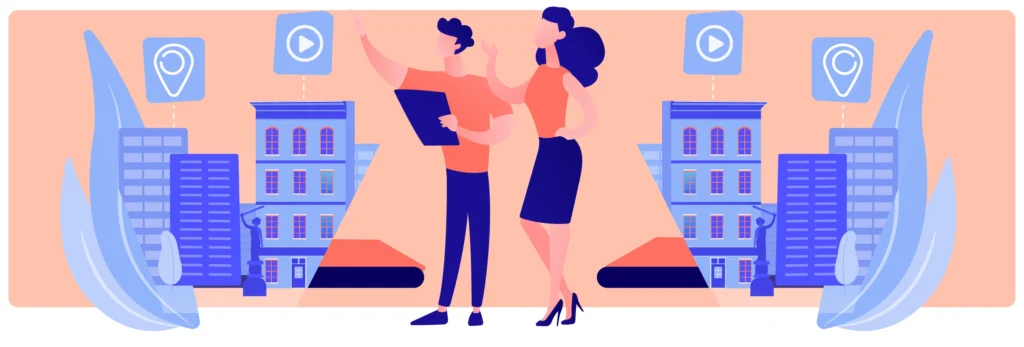A brief summary of how structured settlements work:
- Structured settlements are tax-free payments made on a regular basis after a lawsuit is won or settled. Personal injury, wrongful death, and medical malpractice lawsuits commonly end with structured settlements.
- Structured settlement consultants help individuals and attorneys plan future payments. Settlement buyers, aka factoring companies, purchase the rights to future payments from settlement owners for a discount.
- Selling structured settlement payments allows recipients to exchange future income for cash up front. This process involves working with a factoring company and obtaining court approval to ensure the deal is fair. Sellers should carefully consider the long-term impact before selling, especially if they rely on regular payments for essential living costs.
What is a Structured Settlement?

A structured settlement is (tax-free) payments made on a regular basis after a lawsuit is won or settled. Typical types of lawsuits that result in structured settlements include personal injury cases, medical malpractice, wrongful death, and workers’ compensation matters.
When someone is engaged in a lawsuit, they may be entitled to a potentially large judgment if they win. However, the parties will typically negotiate a settlement agreement, which will terminate the lawsuit and usually obligate the defendant to pay the plaintiff a sum of money. If this sum is small, it will usually be paid in one lump sum. However, if the settlement is large, then the parties may agree on a structured settlement, which would guarantee the plaintiff a set of fixed future payments over a certain amount of time. These future payments are essentially an annuity that is paid out over time by the annuity issuer, which is typically an insurance company or life insurance company.
Future Payments
As previously mentioned, one positive feature of a structured settlement is that it provides a reliable source of income payout over a set period of time. For example, if someone is injured in a car accident and will require long-term medical care, this payment stream will help to cover those ongoing costs. In that sense, the recipient of a structured settlement can have comfort in knowing that money has been set aside for their medical expenses and they won’t be as much of a burden moving forward.
Qualified Settlement Funds
Sometimes in the case of class lawsuits or lawsuits with multiple plaintiffs, a qualified settlement fund (or QSF) will be created, which is a type trust that allows for a more straightforward and organized administration of a lawsuit settlement.
North Carolina Structured Settlement Planning

North Carolina settlement planners and brokers can help claimants/plaintiffs, attorneys, and insurance professionals map out and negotiate structured settlements for a wide variety of situations:
- personal injury
- injury involving minors
- injuries involving multiple family members
- workers compensation
- class action cases
- when government benefits need to be maintained
Sell a Structured Settlement

There are times when the owner of a structured settlement annuity would like to sell some or all of their remaining periodic payments in exchange for a lump sum of cash. This is usually for a variety of reasons: perhaps funds are needed for an unforeseen emergency, down payment on a home, or college tuition payments. So-called “factoring companies” are in the business of purchasing structured settlement payment rights and there are many of them out there.
Selling Payments
The sale of a structured settlement can take various forms. For example, the seller can sell all future payments to the buyer in exchange for a lump sum. Or, the seller can only sell a portion of their payments either for the remainder of all remaining payments or just for a portion of those remaining payments. Essentially, it depends on how the seller is seeking to structure the deal.
Court Approval is Required
In order for a factoring company to purchase a structured settlement, they will work with the potential seller to analyze the annuity contract and gather information before providing a quote. Next, if the quote is accepted, court approval will be required before the annuity is sold — this process can take several weeks. Court approval is required so that a judge can weigh the interests of the interested parties and claimants to ensure the deal is fair and in the best interest of the seller. The settlement buyer will retain an attorney for the court appearance.
Money Now or Payments Later?
When considering selling a structured settlement, the seller must consider all the consequences involved. For example, if they are reliant on consistent payments to pay essential bills such as rent and utilities, then it may be risky to sell the structured settlement and risk not being able to meet their financial obligations.
North Carolina Structured Settlement Protection Act: Best Interest
Specifically, Article 44B of Chapter 1 of North Carolina General Statutes, entitled Structured Settlement Protection Act, governs the purchase of structured settlement payments. Most significantly, the Act requires certain disclosures to payees and requires court approval for any transfer of payments. The court must find that the transfer is in the best interest of the payee and be satisfied that the payee has received advice from an attorney or waived the right to the advice in writing.
Structured Settlement Companies in North Carolina

Below is a list of companies in North Carolina that can help navigate the sale of a structured settlement and structured settlement consultants who can help with structured settlement planning.
AnnuityFreedom.net
Phone Number: (877) 547-3672
While AnnuityFreedom.net is not Carolina-based, we are able to help people in Charlotte, Raleigh, Greensboro, Durham, and surrounding areas who are interested in free quotes and in selling their settlement payment rights.